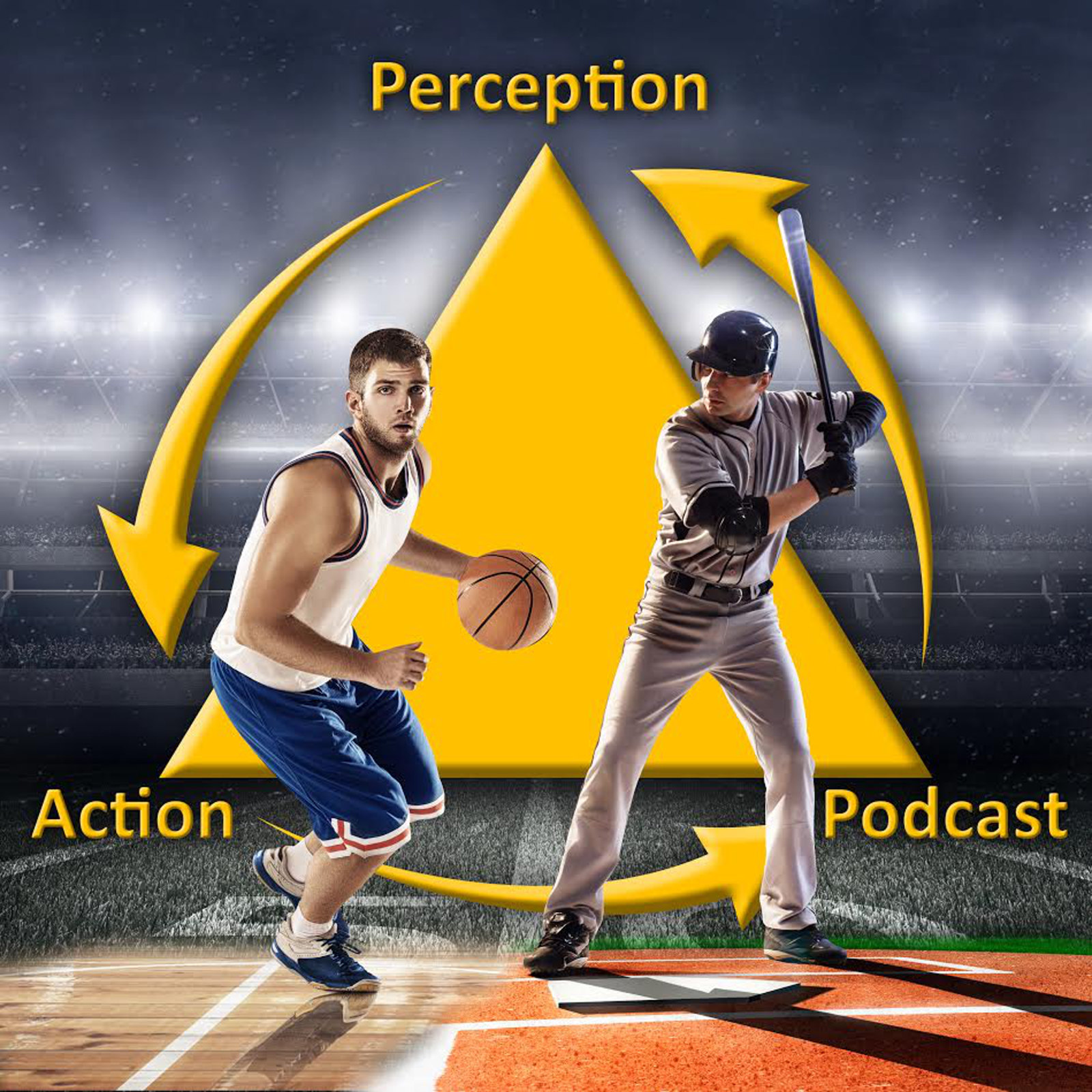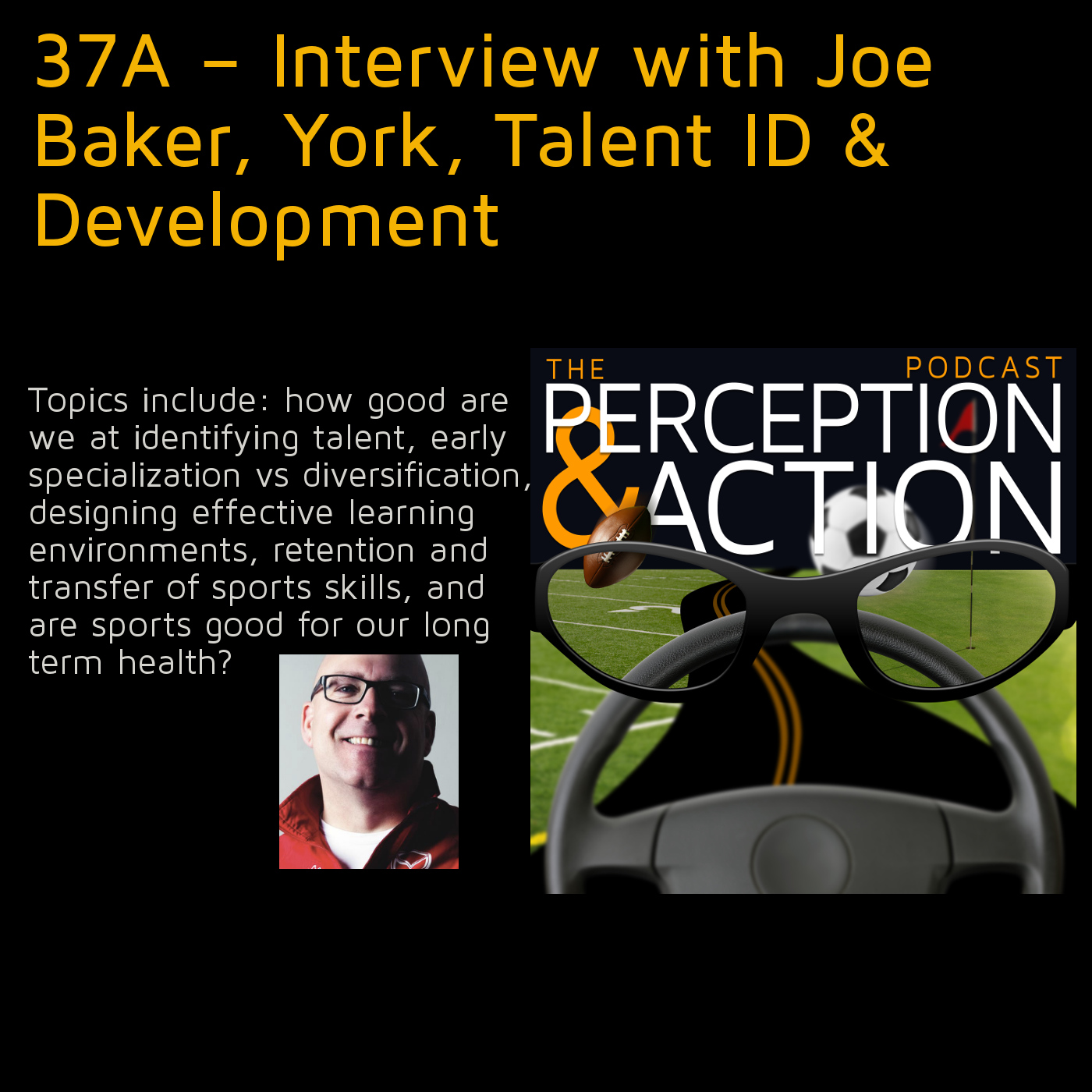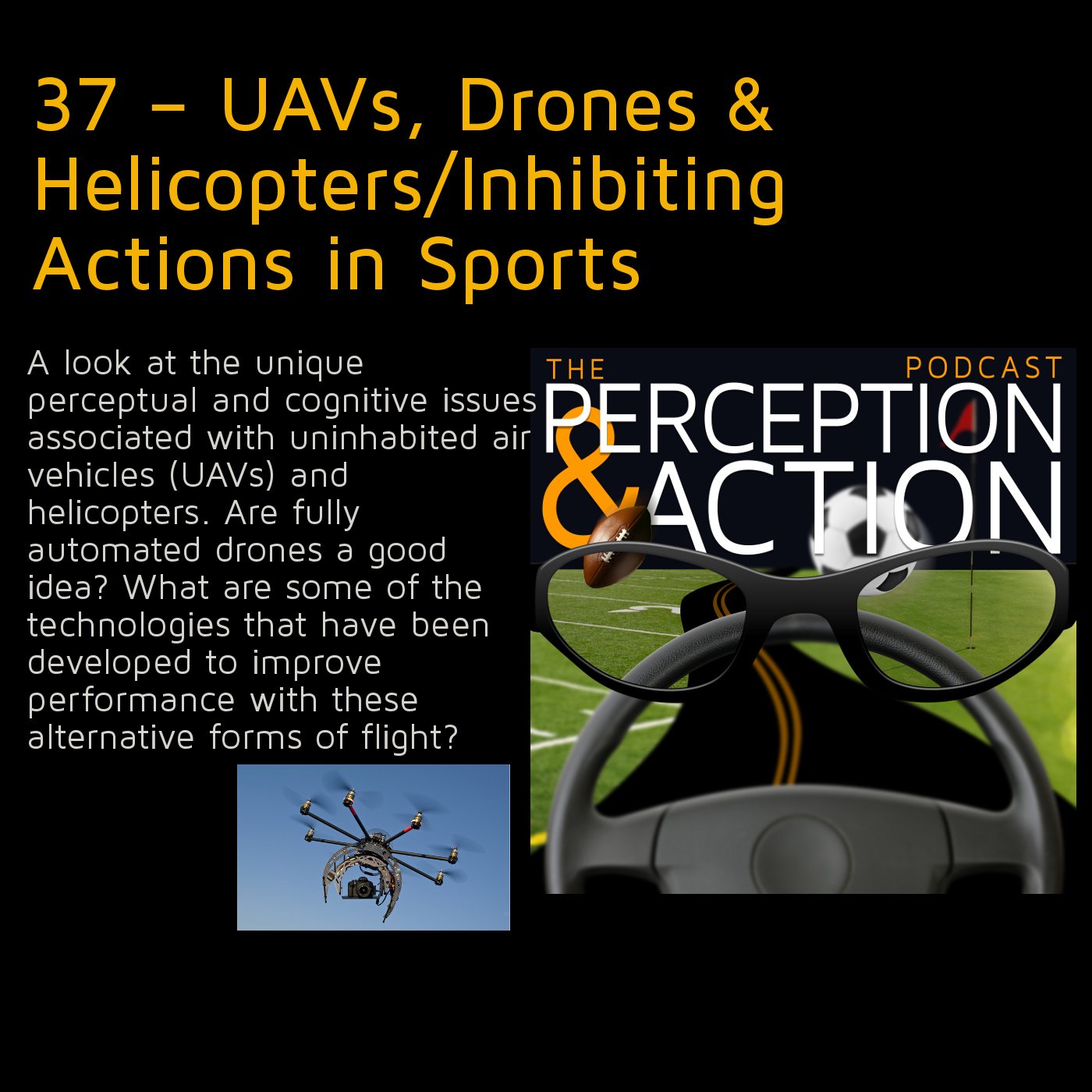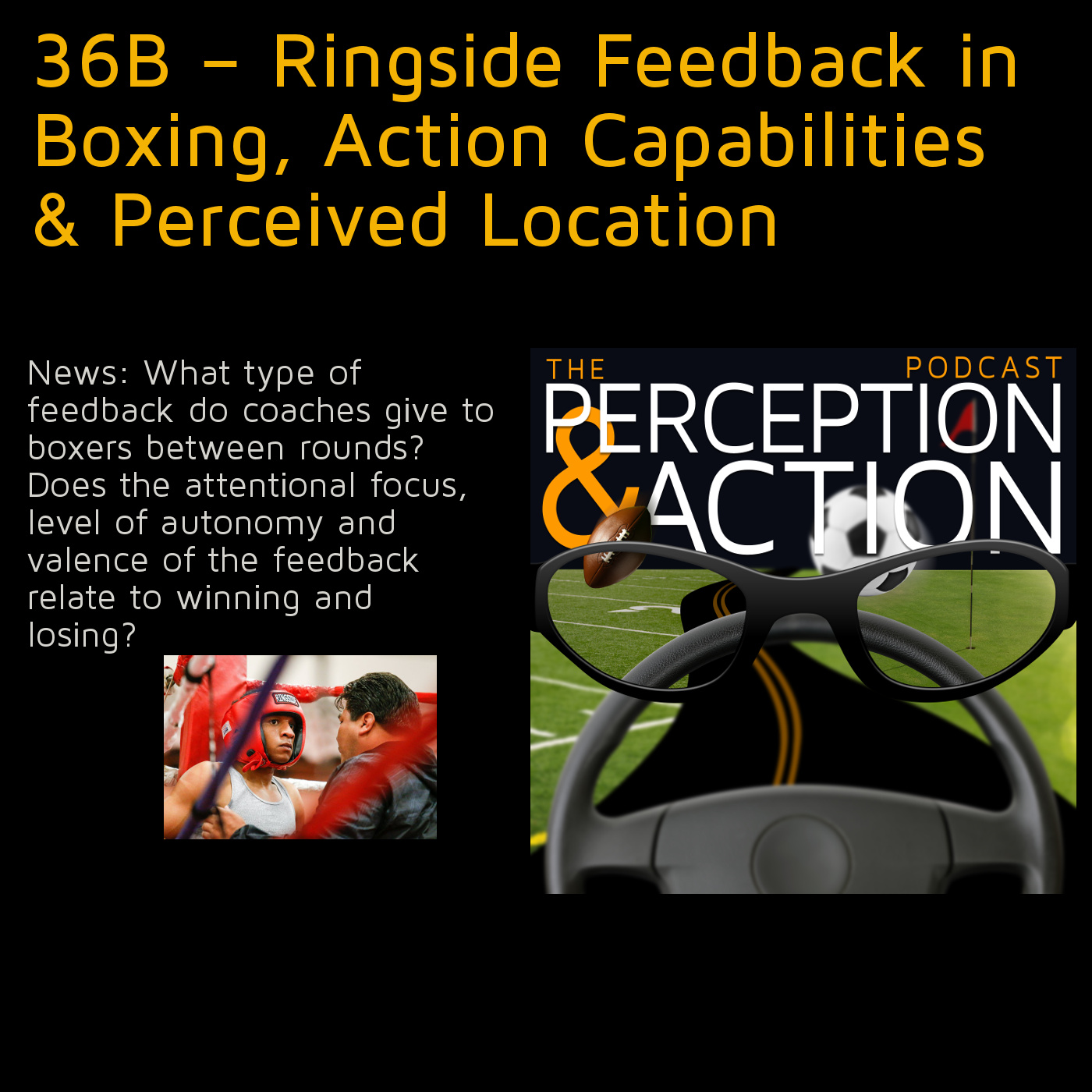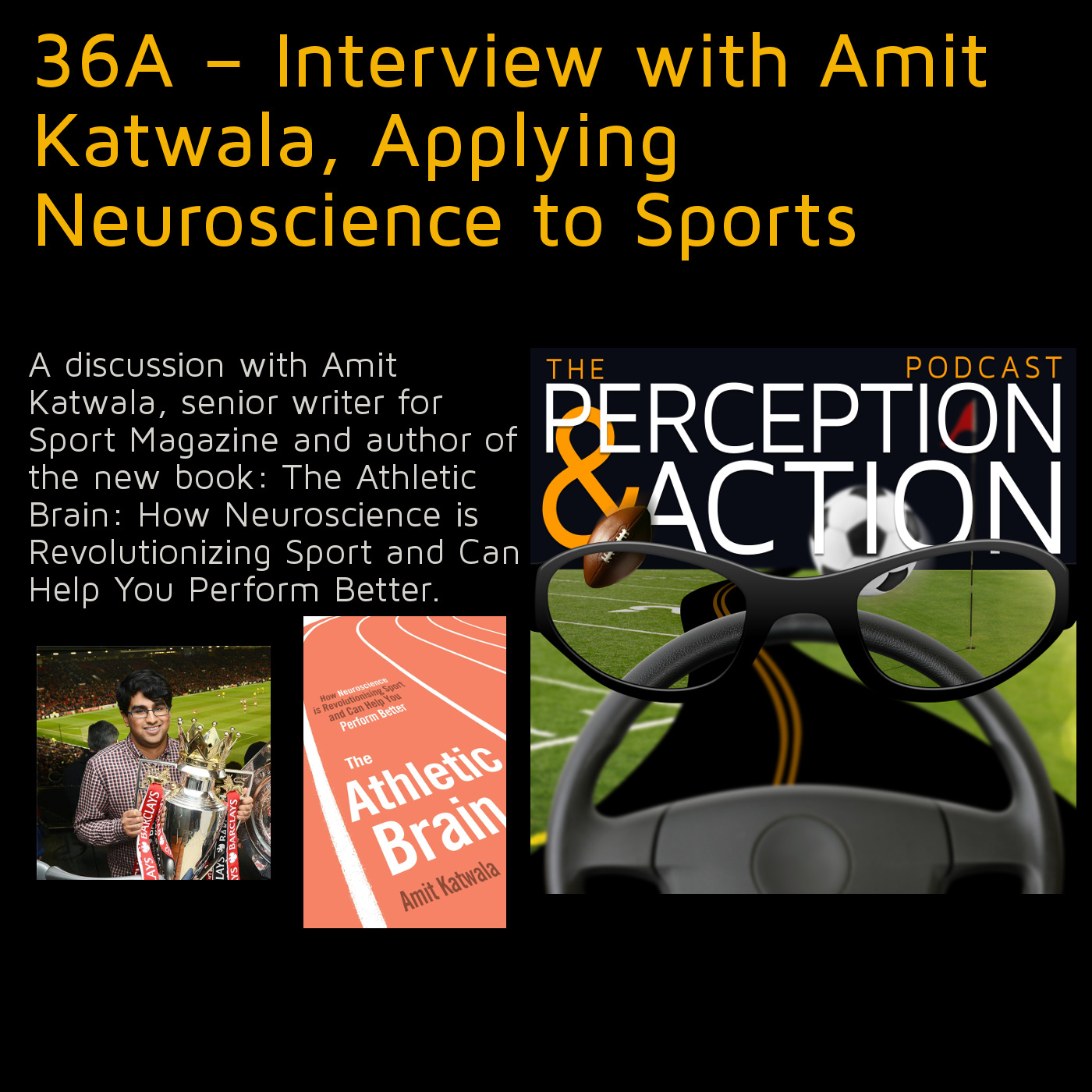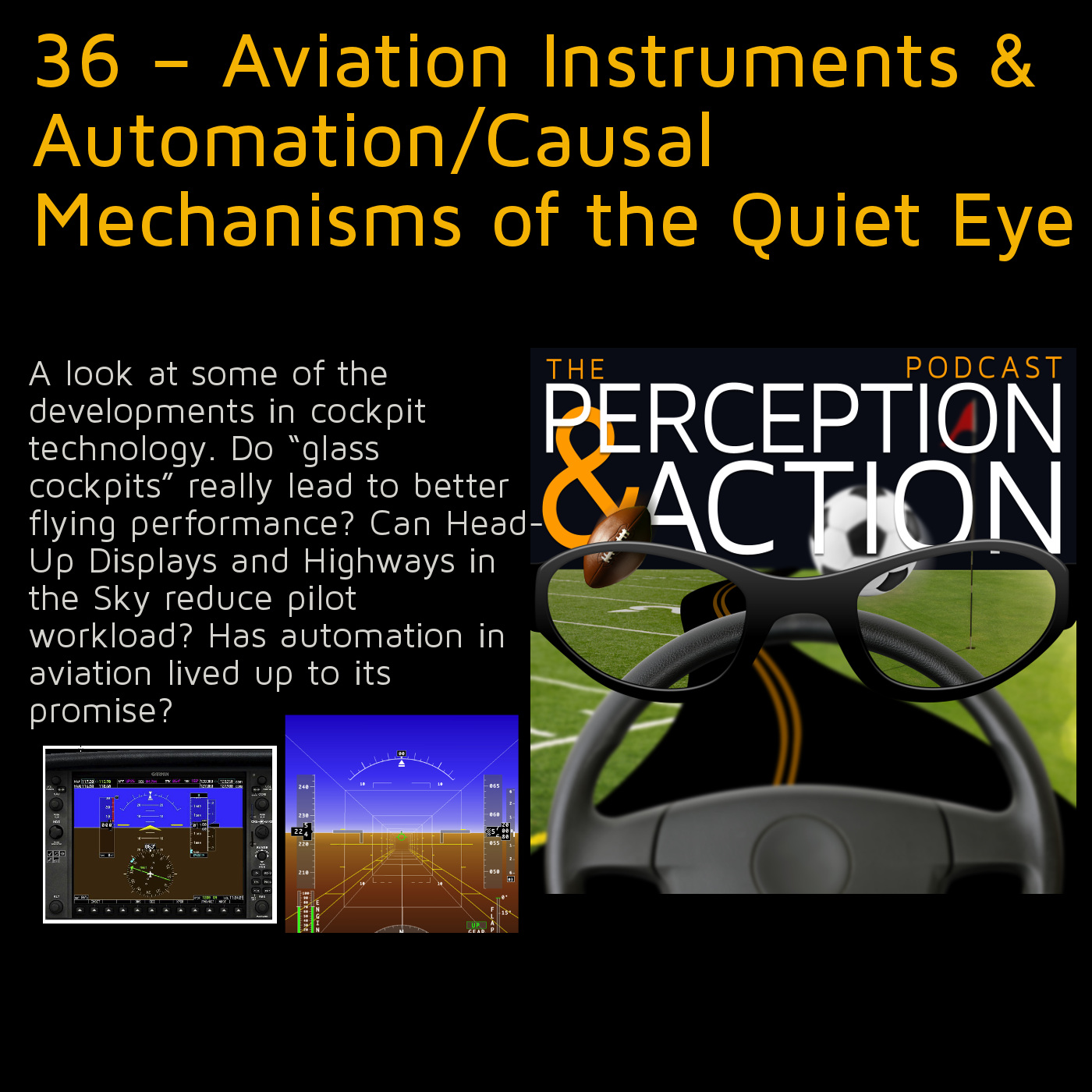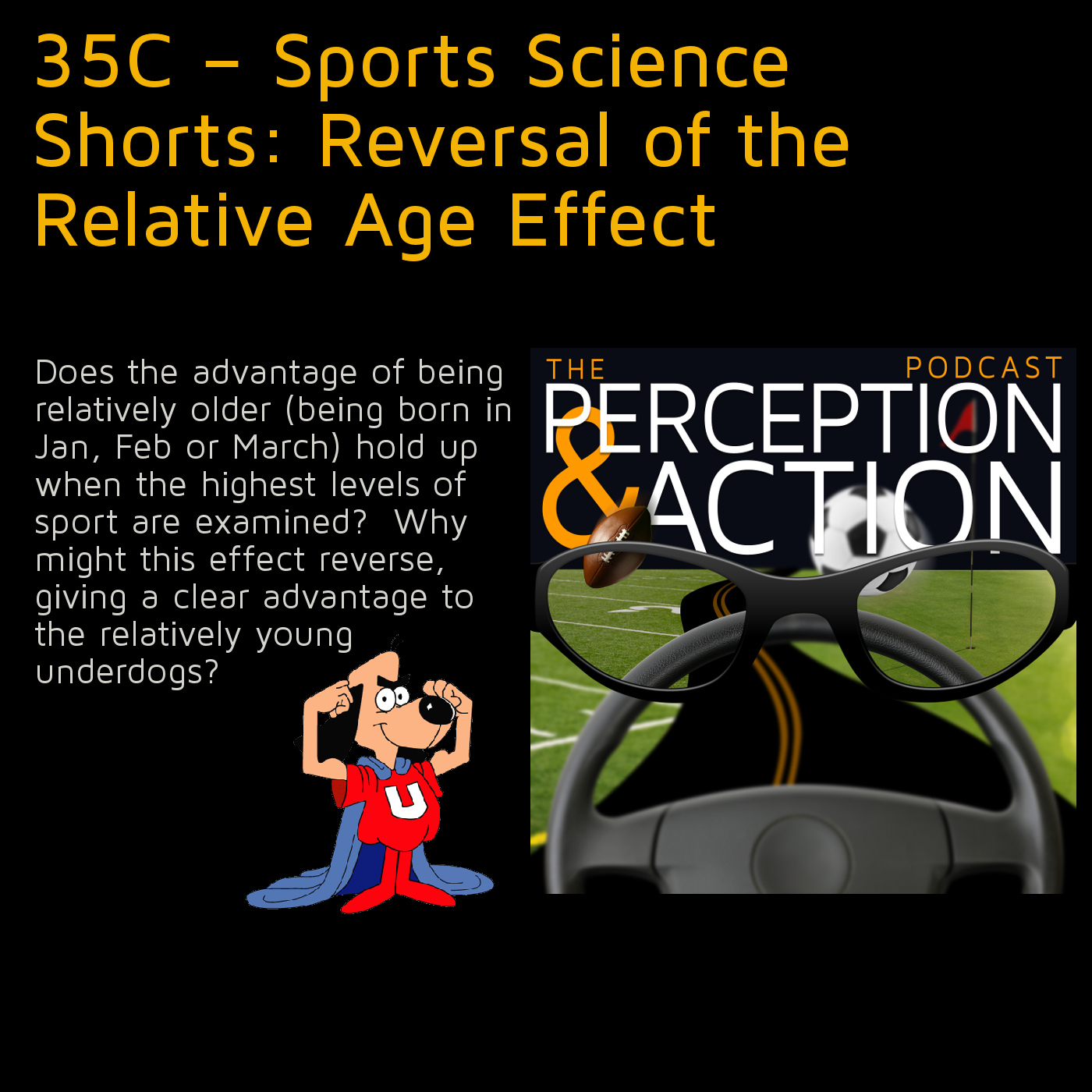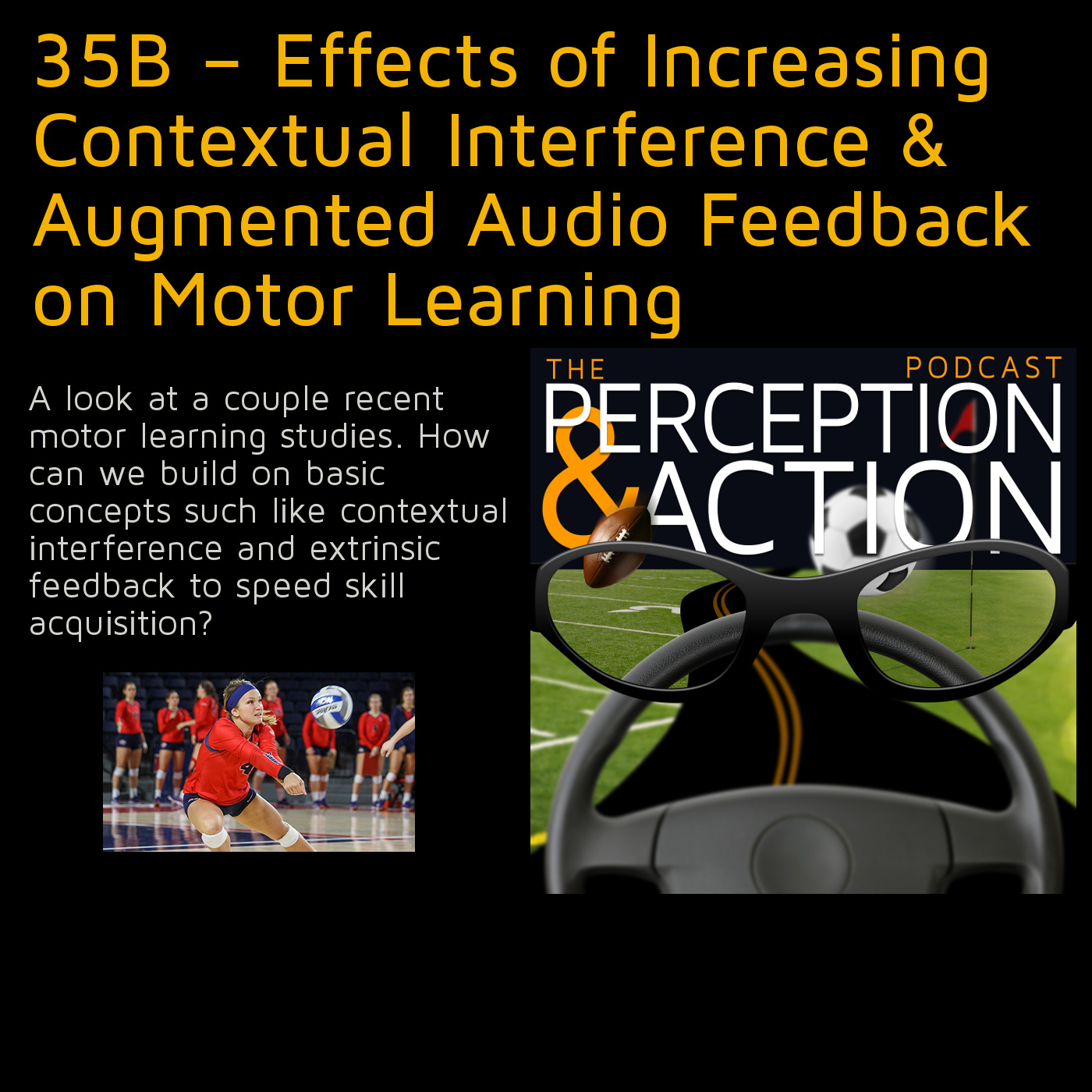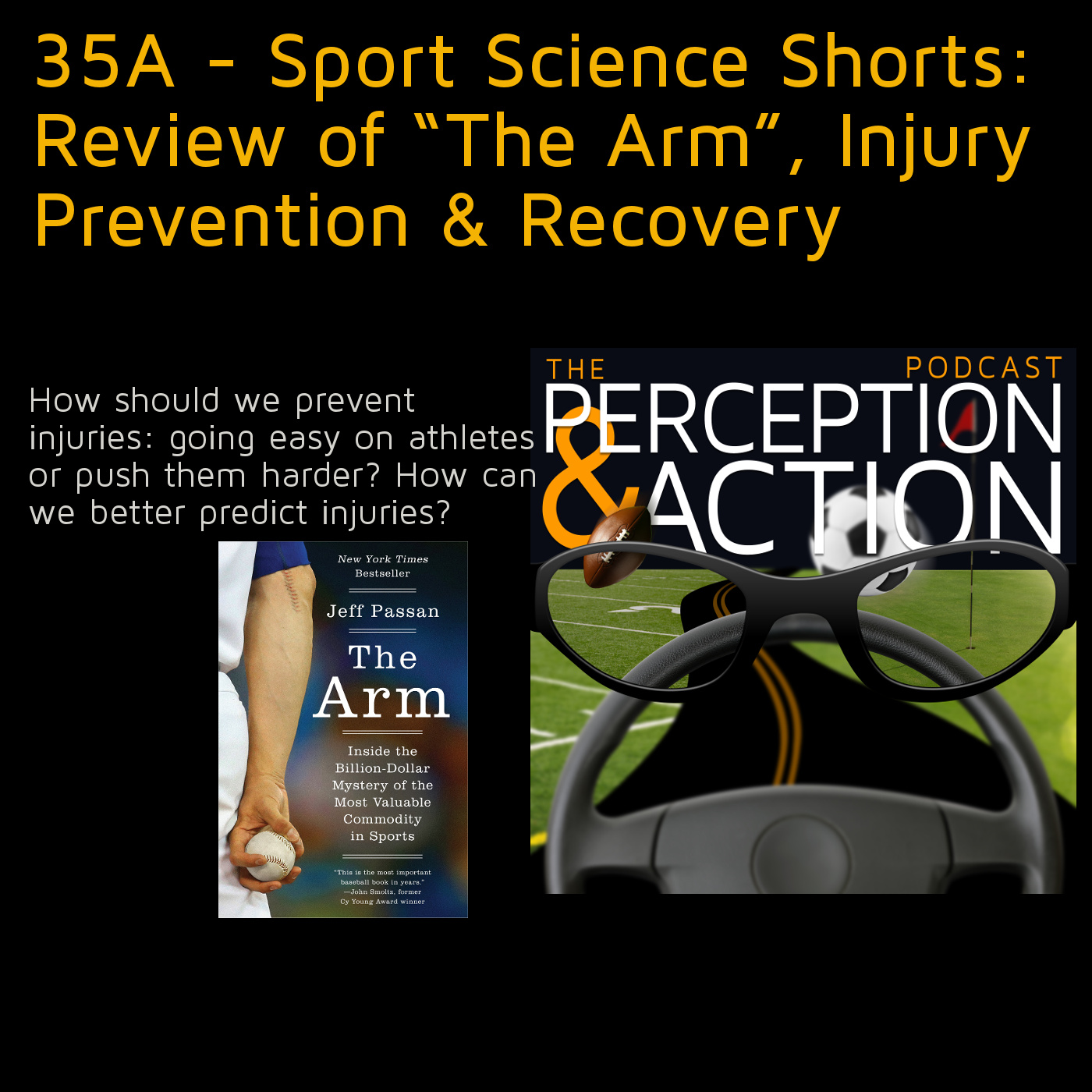37A – Interview with Joe Baker, York, Talent ID & Development
37A A discussion with Joe Baker, Professor in the School of Kinesiology and Health Science at York University in Canada. Topics include: how good are we at identifying talent, early specialization vs diversification, designing effective learning environments, retention and transfer of sports skills, and are sports good for our long term health? Download link More…
Read More